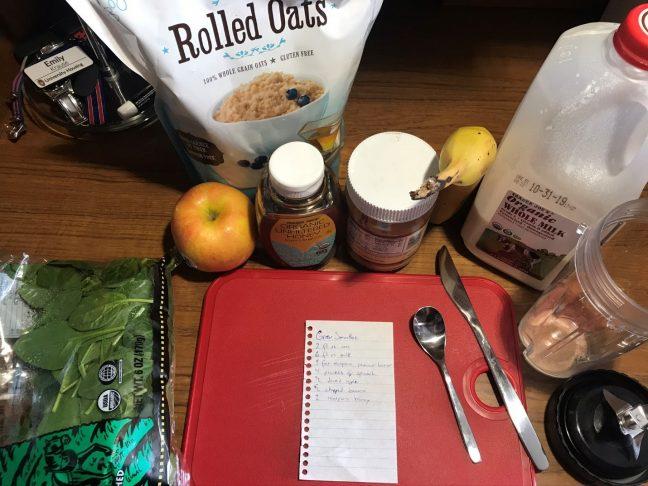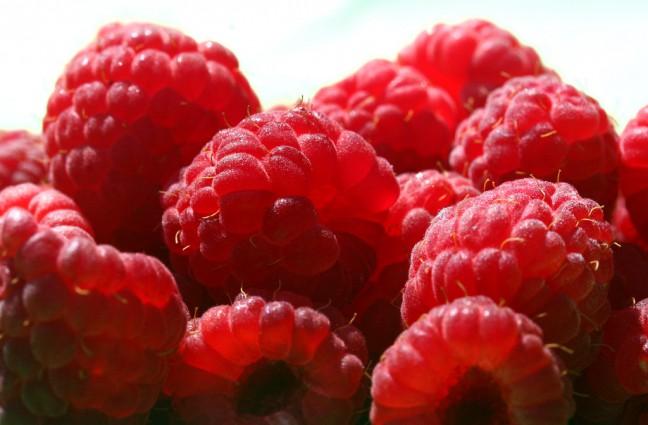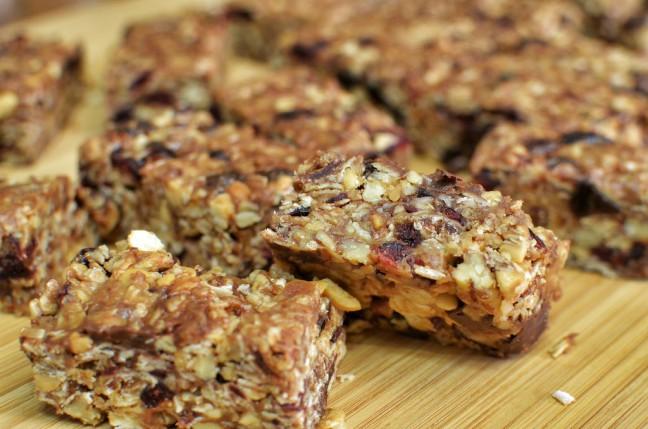Have you ever watched a news broadcast or read an article that claimed one of your
favorite foods had been linked to a health complication according to the
“experts”? It’s hard to know whom to believe when magazines, talk shows and
internet ads are making health claims every day. The trick is to look for
information from reputable sources. Read below for fact-based answers to some
common health questions circling the media today.
I have sometimes heard that eggs are bad for you, but other times that they’re good – which is it?
Eggs, like all other
foods, are not “good” or “bad.” Eggs were once given a bad reputation because
it was suspected they might increase cholesterol levels. Recent studies by the
Harvard School of Public Health have found this is not the case, and that egg
consumption does not affect a person’s cholesterol levels.
An egg is a healthy,
energy dense food. For just 70 calories, one egg is a good source of protein, B
vitamins, folate, choline, vitamin D and iron. Go ahead and enjoy eggs – yolk
and all – but remember a healthy diet consists of a balance of a wide variety of
foods, consumed in moderation.
I know whole grains are healthier for me, but why?
The term “whole grain” means the grain has not been refined in processing and still retains the bran and
germ. By preserving the bran and the germ, essential vitamins and minerals like
selenium and potassium are preserved, as well as dietary fiber.
This makes whole grains
a more nutrient-dense food and a better choice than refined grains that have
been stripped of their vitamins and minerals. New research cited by the
Washington State Department of Health says consumption of whole grains
may reduce the risk of developing high cholesterol, gastrointestinal problems
such as constipation or diverticulitis, type-2 diabetes and certain types of
cancer, as well as help maintain a healthy weight.
So how do you know you are
getting whole grains? By checking the label. Labels with “whole grain” or “whole wheat” provide whole grains, but products labeled “multi-grain” or “seven-grain” only signify more than one
grain is used in the recipe. Those extra grains may or may not be whole grains.
Why do I keep seeing gluten-free products everywhere? Are they healthier
for me?
Gluten is a protein
found in the grains of wheat, rye and barley. Some people cannot tolerate this
protein due to an autoimmune response in their small intestine and suffer
abdominal cramps, bloating, vomiting, diarrhea or constipation, irritability and fatigue after consuming gluten. This gluten intolerance is known as celiac
disease, and the treatment is a gluten-free diet.
Awareness of celiac
disease is increasing, and the market for gluten-free products has grown
accordingly. However, if you are not gluten-intolerant, there is no need to eat
a gluten-free diet. If you think you are experiencing the symptoms of celiac
disease, do not self diagnose. Many other conditions result in the same
symptoms, so be sure to go see your doctor or registered
dietitian to get a proper diagnosis.
I know I should limit my total sugar intake, but I’ve heard that
artificial sweeteners can cause cancer – which ones should I eat?
Artificial sweeteners
like saccharin, aspartame and sucralose are regulated by the USDA and FDA.
Regulation by the USDA and FDA means that if present in a food item, the amount
of artificial sweetener is recognized as safe based on rigorous scientific
studies.
According to the
National Cancer Institute at the National Institutes of Health, the issue of
artificial sweeteners and cancer first arose after some initial animal studies
found a possible correlation to bladder cancer. However, subsequent studies
have shown that this correlation only exists in laboratory rats due to the
differences in the physiological mechanics between our bodies and rat’s bodies.
Epidemiological studies also show that there is no correlation in humans
between artificial sweetener consumption and increased cancer risk.
By replacing table sugar
with sweeteners, you can help lower your added sugar intake. However, remember
that most processed food items with artificial sweeteners are usually not
nutrient-dense items and should still be consumed in moderation just like
regular sugar products.
This week’s recipe is a cookie recipe made with
Splenda artificial
sweetener, whole grains and eggs. Substitute rice flour, almond flour or
quinoa flour for the whole wheat flour, and you will have a gluten-free recipe
for those gluten-intolerant friends as well!
Splenda Oatmeal Cookies
Yield: 36 cookies
Ingredients:
1 1/2 cup whole wheat flour
1 teaspoon baking soda
1 teaspoon ground cinnamon
1 cup butter,
softened
1 cup Splenda (blend for baking)
1 tablespoon molasses
2 large eggs
1 1/2 teaspoons vanilla extract
3 cups old fashioned
oats, uncooked
1 cup raisins or other dried fruit pieces
Directions:
Preheat oven to 350 degrees F; lightly grease cookie sheets.
Stir together flour, soda and cinnamon; set aside.
Beat butter and Splenda at medium speed with an electric mixer until fluffy; add eggs, molasses and vanilla, beating until blended. Gradually add flour mixture, beating at low speed until blended; stir in oats and raisins.
Drop by rounded tablespoons onto prepared cookie sheets; bake 10 to 12 minutes or until lightly browned. Cool slightly on cookie sheets, remove to wire racks to cool completely. Enjoy!



















